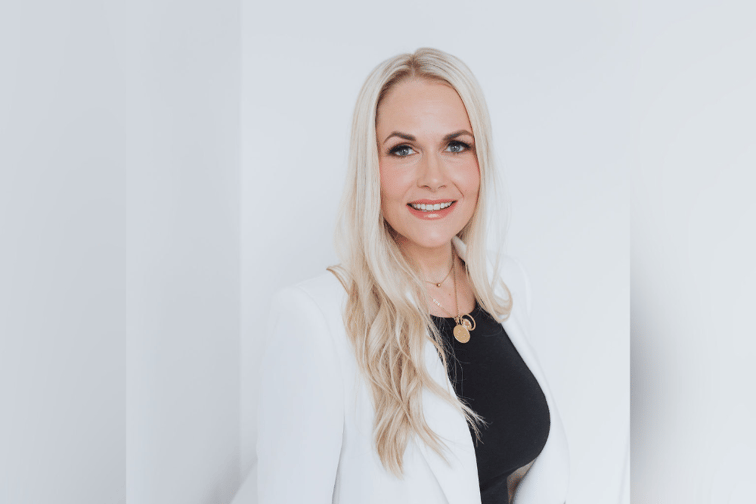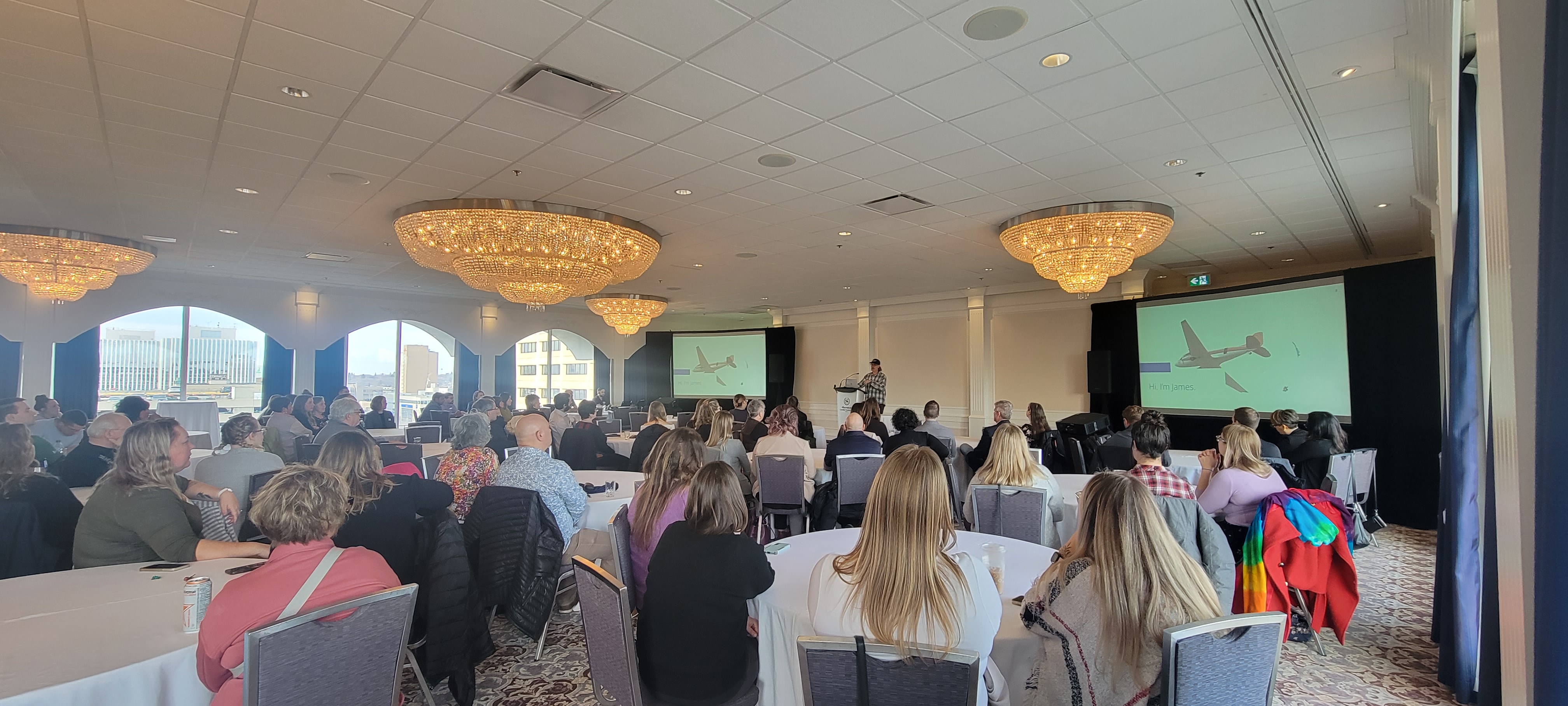

For Sarah Johnston (pictured), chief executive officer at Johnston Insurance Services, Bill C-317 was an important talking point of this year’s Insurance Brokers Association of Saskatchewan Disaster Education Day.
“Strategies for catastrophic losses, or wildfires, or floods were hot-button issues,” she said.
Alongside the help of insurers and organizations such as Saskatchewan Fire and Flood, SGI Canada, 251 Forensic Fire Investigations and the Insurance Bureau of Canada, the industry has been able to get this Bill into parliament, where it is currently being presented to lawmakers.
Bill C-317 aims to mobilize government influence and resources to implement better access to state-of-the-art predictive modelling technologies to help Canadians better prepare for floods, droughts and other events.
According to Johnston, this Bill is indicative of the shared responsibility brokers are taking to make their concerns heard on a national level.
“[The Insurance Brokers Association of Canada] goes to Parliament yearly to advocate for brokers and one of the things that we really focus on is flooding,” she said.
“It has now been brought forward and we’re seeing some progress and strategy on that.”
The Insurance Brokers Association of Saskatchewan Disaster Education Day saw professionals from across different companies and organizations gather to speak about natural disasters and the role brokers play in preventing and safeguarding communities from devastating losses.
In an interview with Insurance Business, Johnston spoke about other topics that were discussed during the meeting, including the changing responsibility of brokers and the preventative measures they can inform insureds about to safeguard communities in the future.
Another important talking point at this year’s event is how frequent and far-reaching nat cats have called into question the role of the broker as both a professional and community member.
“As a broker, the fundamental reason we’re here is to deal with the claims,” she said.
“But now, there has been a shift in responsibility. We should really be focusing on making sure our community is protected, not just the insured or individual.”
Johnston pointed to a keynote presentation by James Heigh, who was the recovery manager for the communities of Lytton and Merritt, British Columbia in the aftermath of a wildfire — they still remain damaged two years later.
“He pointed out how we’re always very interested in protecting ourselves and making sure that we, or our clients, have the right insurance, but what about our neighbour?” she said.
“We’re all kind of responsible to have those sort of catastrophe and contingency plans in place.”

As a broker working in the P&C space, one of the most important pieces of advice Johnston can give a client is having a thorough and correct assessment done of the person’s property to locate any areas that can cause a potential loss.
“It’s important that the insured is aware where their home may fall on a floodplain, especially in areas that are prone to this type of event,” she said.
“Some of this information isn’t public knowledge, so it is up to us to figure that out swiftly.”
While there are negative aspects to being in a flood zone, education is key to have the insured build resilience to withstand future damages.
“We must learn from previous catastrophic losses, understanding what happened, what could have been done, what do we have in place in terms of our own communities and preventative measures and emergency programs,” Johnston said.
“I think that the biggest thing is just being a part of that education, providing some resources and tools for people to have access to.”
Elsewhere, Johnston is hoping the broker community can get rid of the common misconceptions about the insurance industry that linger in the public consciousness.
“I can tell you right now, that people still don’t understand insurance or what a broker does for them,” she said. “They often don’t see the difference between a broker and an insurance company.”
Johnston thinks that since there is this miscommunication, brokerages and the employees they hire need to successfully reach out to the community to showcase how they can be a valuable asset.
“Insurance is getting very complex,” she said. “But having an insurance professional to help break things down and offer sound advice will do a lot to raise consumer trust.”
Do you think Bill C-317 will help the industry? Sound off below.
